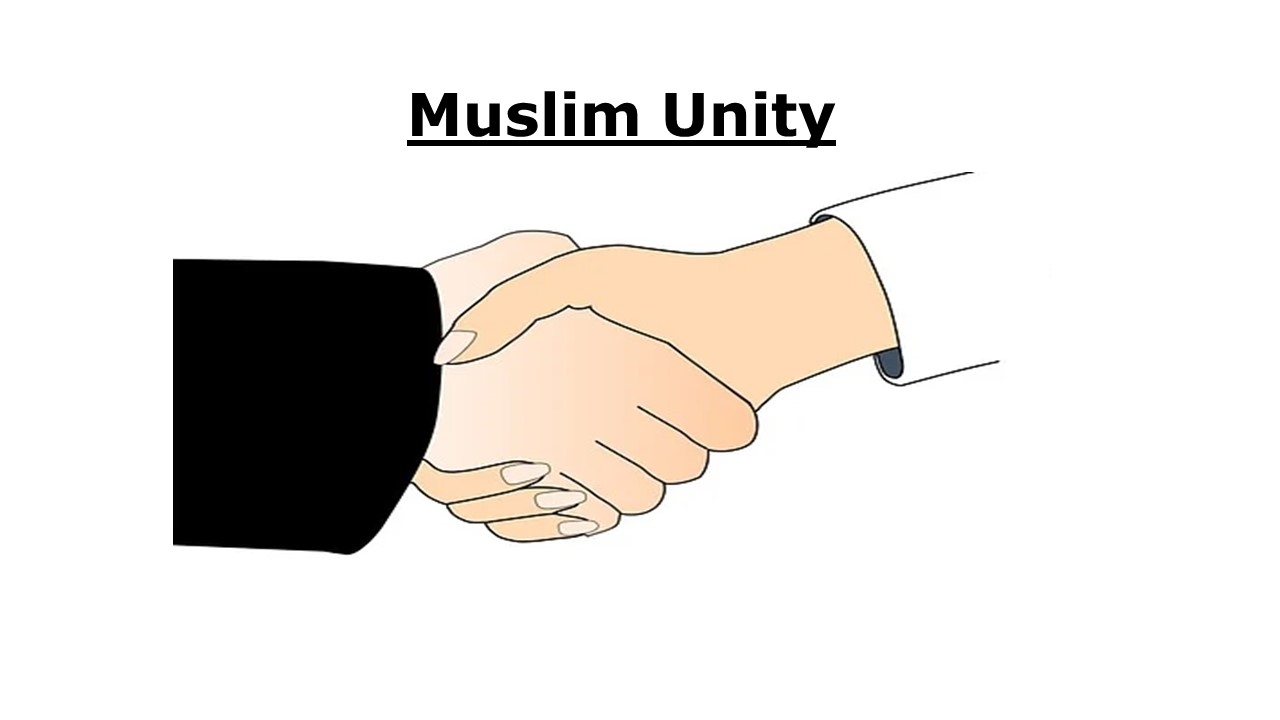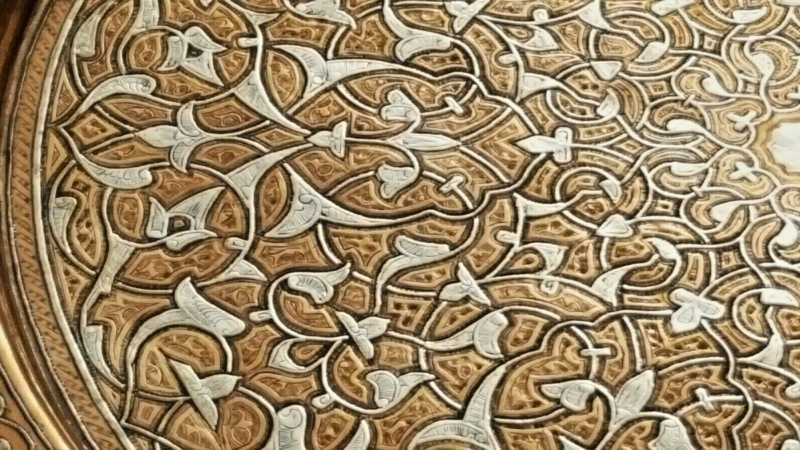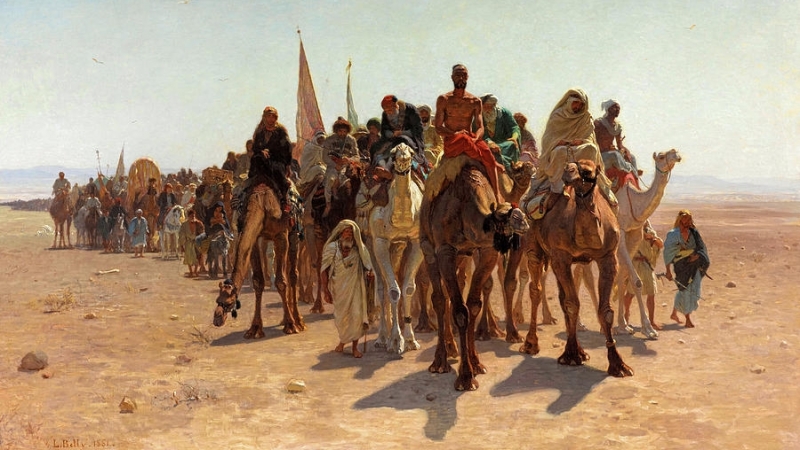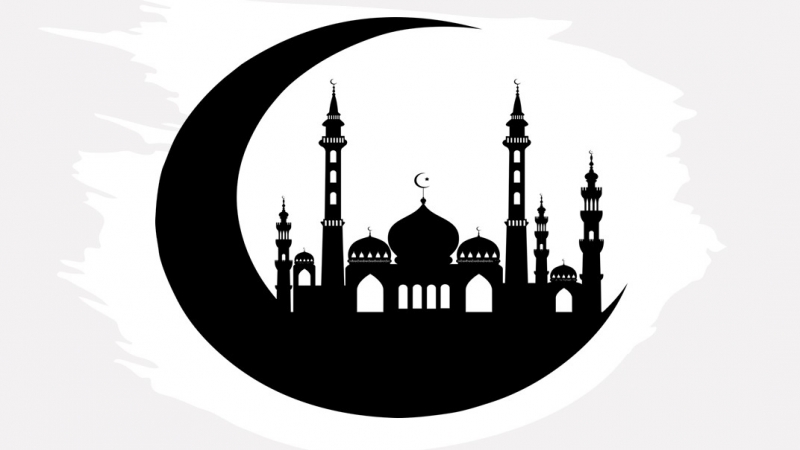Challenges In Early Islamic History
Developing Just LeadershipZafar Bangash
Dhu al-Qa'dah 24, 1445 2024-06-01
Opinion
by Zafar Bangash (Opinion, Crescent International Vol. 54, No. 4, Dhu al-Qa'dah, 1445)

From its early days, Islam has faced opposition from diverse sources. These included the privileged tribal chiefs of Makkah who were the Muslims’ first point of contact, as well as Christian and Jewish leaders and power centers. In all cases, their opposition was based on the threat they felt to their vested interests. They feared Islam’s message of fairness, equity and justice.
Although Islam did not attract a huge following in Makkah, the tribal chiefs were not prepared to tolerate its message spreading to even a small number of people. They could see its potential long-term impact, hence their extremely hostile reaction. From torture and boycott, to murder, they inflicted every conceivable harm on Muslims.
When the persecution became unbearable and the Makkan chiefs even plotted to kill the Prophet (pbuh), Allah granted him and his companions, permission to migrate to Madinah. While this ended the era of direct persecution, there emerged another challenge in the new locale. This was the group of munafiqoon (dual loyalists), who spared no effort to undermine Islamic unity from within. The nature of this group needs to be understood properly because they exist in every age.
The Muslims also faced opposition from the leaders of Jewish tribes that resided in the oasis town despite the noble messenger (pbuh) making great effort to cultivate good relations with them. They were treated with respect because they were considered “people of the Book”.
Regrettably, the Jewish tribal leaders showed great hostility to Islam, the Prophet and the Muslims in general. They also repeatedly violated their treaty obligations with the Prophet (pbuh) despite being given an honoured place alongside Muslims in the Covenant of Madinah.
Despite fleeing Makkah, the Prophet (pbuh) and his companions did not find respite from the Makkan chiefs’ hostility. They pursued the Muslims in Madinah as well and attempted to wipe them out.
It resulted in several battles until the Quraysh—a leading Arabian tribe—was finally defeated with the liberation of Makkah in the eighth year of the Hijrah. The Islamic State in Madinah also had to face the superpowers of the time: the Byzantium and Persian.
While Muslims were able to deal with their external enemies quite effectively over time, it was the internally enemies—the munafiqoon and the Tulaqa (the amnestied captives of Makkah at the time of its liberation)—that proved far more disruptive, dangerous and damaging. They undermined the Islamic state from within.
In the noble Qur’an, Allah (swt) has repeatedly warned Muslims about the machinations of the munafiqoon. Their criminal nature and conduct are exposed in Surahs al-Baqarah, Al-Ma’ida, At-Tawbah, Al-Noor, Al-Ahzab and Al-Munafiqoon, among other surahs of the noble Book.
There is a troubling aspect of Islamic history—and of Seerah literature (life-history of the Prophet (pbuh)) in general—that while minute details about the life of the Prophet (pbuh) are recorded, the names of the munafiqoon are missing. We know that about 300 people led by the chief munafiq, Abdullah ibn Ubayy left the Muslim ranks just before the Battle of Uhud. The names of about four or five munafiqs are known. What about the identity of the others?
Whose interest did it serve to hide the identity of these internal enemies? We need to bear in mind that in Madinah, the Prophet (pbuh) used to update the names of people that became Muslims each year. How is it possible that the names of munafiqs are missing?
Before the expedition of Tabuk, the munafiqoon made excuses not to join this challenging mission. Barring a few, most names are again missing. During the Prophet’s (pbuh) absence from Madinah, the munafiqs built their own ‘masjid’ to rival al-Masjid al-Nabawi.
Allah revealed to the Prophet (pbuh) to demolish this so-called masjid, named Masjid Ad-Dirar, because it was built for the purpose of fitna (Al-Tawbah, verses 107-109). Surely, this was not built by four or five individuals. There must have been many people in this group of disrupters to ‘justify’ building such a structure. Who were they and why do we not have their names are troubling gaps in early Islamic history.
The other even more serious challenge came from a group called the tulaqa (amnestied prisoners). Within three decades of the Prophet leaving this earthly abode, the Islamic system was subverted from within when hereditary kingship was imposed on the Muslim Ummah. People of privilege who had lost the struggle against Islam wormed their way into the Islamic domain waiting for an opportune moment to strike.
While the kings and their hangers-on maintained a veneer of Islamic identity to claim dubious legitimacy, the Muslim masses retained their commitment to it. This led to a curious dichotomy: the rulers were largely secular but insisted on claiming the title of ‘Khalifah’. The Islamic label was necessary to secure legitimacy for an illegitimate act. The masses, meanwhile, remained faithful to the injunctions and principles of Islam.
Even the nominal ‘khilafah’ was abolished in March 1924. This was the result of European colonialists marching into Muslim lands and parcelling the Ummah into nation states. Instead of the Qur’anic designation of the Ummah (21:92), nationalism was imposed on Muslims. This has been an unmitigated disaster. It resulted in the loss of Palestine to the zionists and the Arabian Peninsula falling under the control of the Najdi Bedouins who were agents of British colonialism and now of US imperialism.
Beyond physical dislocations, the intellectual challenge has been even more devastating. This came from external as well as internal sources. The first blow to the Islamic ethos was delivered by King Muawiya still wedded to Jahili notions but insisting on being addressed as ‘Khalifah’ or even ‘Amir al-Mumineen’! The Islamic titles were necessary in order to claim legitimacy for essentially an illegitimate act: usurpation of power at the point of the sword.
Some Muslims might argue that the Islamic domain expanded tremendously during Muawiya’s reign and that of his successors. Such conquests cannot confer legitimacy on dynastic rule. Islam’s principles are immutable; they are not about conquest or expansion.
The Islamic civilization is not an imperialist project. It has to do with winning hearts and minds through its pristine principles of equality, fairness and justice. Muawiya’s actions dealt a severe blow to these principles and caused irreparable damage to Islam.
Fast forward to today. While the colonialist powers, primarily British and French but also Germans, Spaniards, Portuguese and even two-bit players like Belgium and the Netherlands, subjugated Muslim lands, they failed to break the Muslims’ attachment to Islam.
It was not for lack of trying. In most Muslim societies, colonial languages, habits, dress and educational system were imposed. Despite such efforts, only a tiny minority—the elite—became westernized while the masses remained attached to Islam.
This was most strikingly demonstrated by the victory of the Islamic revolution in Iran led by the ulama. Hitherto, the colonialists had assumed that they had reduced Islam to the same level as Christianity: confined only to matters relating to personal salvation without interfering in the affairs of state: governance, politics or usury capitalism. The Islamic revolution hit them like a bolt from the blue.
Since 1979, the colonialist powers have been trying to undermine the Islamic revolution by a vicious campaign of propaganda, sabotage, assassinations, wars and sanctions. Far from succeeding, the Islamic Republic has become stronger.
In order to subvert the Muslims’ attachment to Islam and the Islamic State, western powers then came up with the demonic plot to create Daesh terrorists. These terrorists have been given the completely erroneous label of the ‘Islamic State of Iraq and Syria’ (ISIS). The aim is to create such a horrific image of Islam that Muslims would be repelled by it and would not want to live in an Islamic State much less wishing to establish one.
Despite the horrors perpetrated by Daesh, the vast majority of Muslims have not fallen for this western plot. This explains why most western rulers are getting hysterical about the Muslims’ attachment to Islam.
The tenacity of the Islamic resistance in Palestine in the face of enormous odds has only added to the western imperialists’ discomfort. Add to that the support for Palestinian cause at university campuses and among the broader public, panic in western capitals is real. To counter this, Islamophobia is actively promoted while pro-Palestinian sentiment is aggressively suppressed. The western elite clearly feel they are losing control.




